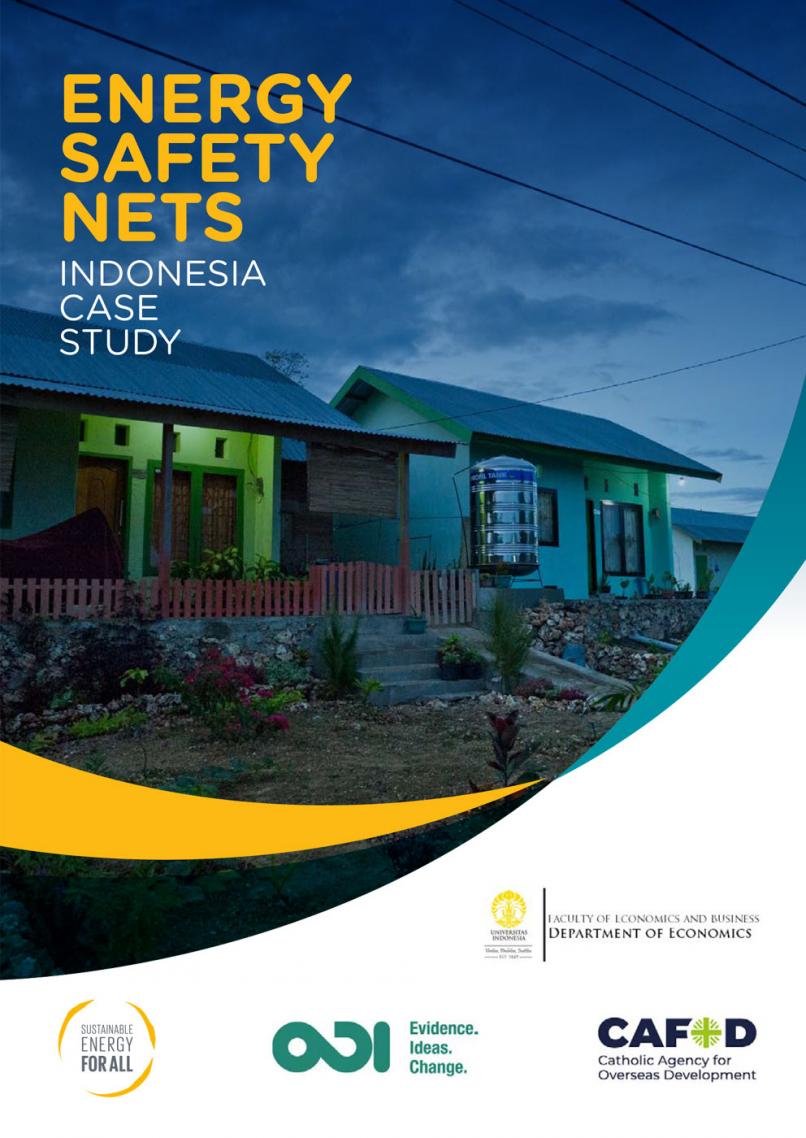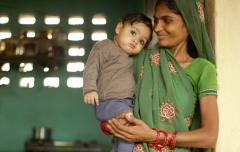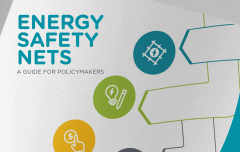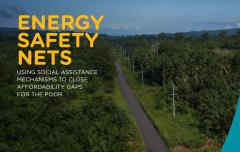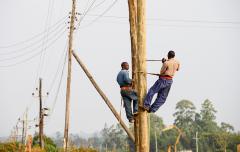Energy Safety Nets: Indonesia Case Study
This Energy Safety Nets: Indonesia Case Study investigates how the Government of Indonesia supports access to affordable, reliable, sustainable and modern energy for its citizens. Specifically, it identifies Energy Safety Nets, the programs available to poor and vulnerable households that support access to electricity and LPG for cooking, analyzes evidence on the impacts of these programs, and discusses the lessons learned from Indonesia’s experiences. This case study also analyzes Indonesia’s experience with reforming universal energy subsidies, an ongoing process.
The recommendations in the Indonesia Case Study are informed by a detailed review of the literature, analysis of the Susenas and Podes datasets, and expert interviews with policymakers, academics, NGOs and communities receiving support for energy services. This research improves understanding of the context surrounding Energy Safety Nets in Indonesia, including why some policies were introduced, the challenges surrounding implementation, and who or what was responsible for driving the policy agenda.
This country case study – like the other five, covering Brazil, Ghana, India, Kenya and Mexico – seeks to answer four research questions:
- What policy measures have been used in Indonesia to enable very poor and marginalized people to access and use modern energy services?
- How effective have these measures been in enabling the poorest social groups to access and use modern energy services?
- What links have there been/are there between these measures and wider/other social assistance programs?
- What changes could be made to enhance the effectiveness of existing policy measures in enabling very poor people to access modern energy services?
See also: Energy Safety Nets series
